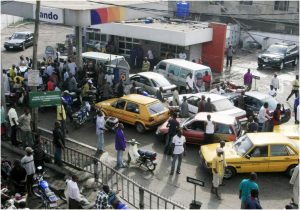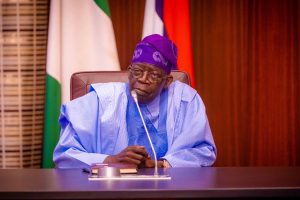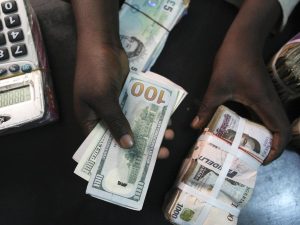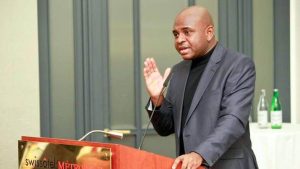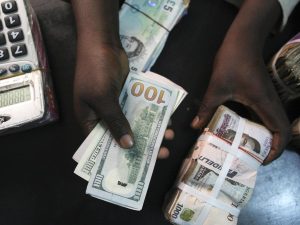Oil marketers have attributed the reappearance of fuel queues in several states to a suspension in petroleum product supply by dealers seeking to protect their assets amid ongoing nationwide hunger protests.
Various states in Nigeria, including the Federal Capital Territory, Abuja, experienced different levels of fuel queues around two weeks ago. The Nigerian National Petroleum Company Limited attributed this to a “hitch in the discharge operations of a couple of vessels.”
Despite efforts by the company and stakeholders to resolve this issue, a nationwide protest against hunger and economic hardship started on Thursday, August 1, 2024, disrupting petrol supply and causing queues to resurface in certain states.
The National Public Relations Officer of the Independent Petroleum Marketers Association of Nigeria, Chinedu Ukadike, explained that marketers were advised to shut their stations during the protests to prevent asset loss.
He noted that many tankers did not load products during the first two days of the protest, disrupting the supply chain and leading to shortages in states where fuel deliveries were planned.
“Although the National President of IPMAN, Abubakar Maigandi, urged independent marketers to go out and do their businesses normally and asked the security agencies to protect our facilities, it is pertinent to note that as at the time we were about to sell, we were called by the security agencies to step down the selling of products at that time,” Ukadike stated.
“Security agencies said this is because they want to be able to control the situation during the protest and the vandalism of marketers’ properties. Now that the trucks are no longer moving due to this protest, the depots are not working, the truck drivers are not driving, particularly during the first and second days of the protest, these issues have disrupted the supply of petroleum products. So it will result in scarcity at the filling stations,” Ukadike explained.
Naija News learnt that on Friday, the protests had halted petrol loading at Lagos depots, leading to persistent fuel scarcity.
Sources confirmed to The PUNCH that depot owners were reluctant to open for business due to fears of violence.
An anonymous operator noted that members of the Nigeria Union of Petroleum and Natural Gas Workers were prepared to support depot operations, but depot owners were unwilling to take risks.
“There were no activities at the Lagos depots on Thursday and Friday for two obvious reasons. One, we are still battling the paucity of the product; and two, the security concern on the roads after loading due to the hardship protest.
“NUPENG is ready to support depots to load, but the security situation is a drawback. Hopefully, if the situation improves later today loading may continue tomorrow,” the source stated.
The IPMAN official, reported on Sunday that some trucks had begun limited operations, expressing optimism that fuel supply would improve if protests diminished.
“But now that some trucks have started skeletal operations and businesses are gradually resuming, the independent marketers will also return to business to address the fuel scarcity. However, it will not disappear immediately, rather it is going to clear gradually.
“So it is important to state that the protests, particularly during the first and second days, truncated the supply value chain, leading to fuel scarcity in many states. So it is the ripple effect of the protest that we are feeling now as fuel scarcity, but we hope to clear it,” he stated.
He urged protesters to end the demonstrations, emphasizing that the President has acknowledged their demands and needs time to address them.
“I will also want to use this opportunity to call on the protesters to stop the protests. The President has pleaded with them and has heard their demands. Let us therefore give him time to act by addressing these demands. And this can only be done when the protests stop,” Ukadike added.
Fuel Shortages Across States
Several states, including Lagos, Abuja, Katsina, and Delta, experienced varying degrees of fuel scarcity on Sunday.
In Warri, Delta State, petrol was sold at filling stations in the city for between ₦850 and ₦1,000 per liter.
Most dealers attributed the scarcity to the halt in product loading at depots by Petroleum Tanker Drivers due to the ongoing nationwide #EndBadGovernance protests.
They expressed hope that normal conditions would return if protesters cease demonstrations and resume work.
The post Petrol Scarcity Worsens As #EndBadGovernance Protests Disrupt Fuel Distribution appeared first on Naija News.

